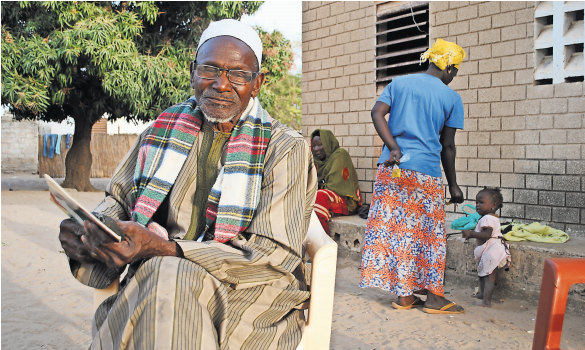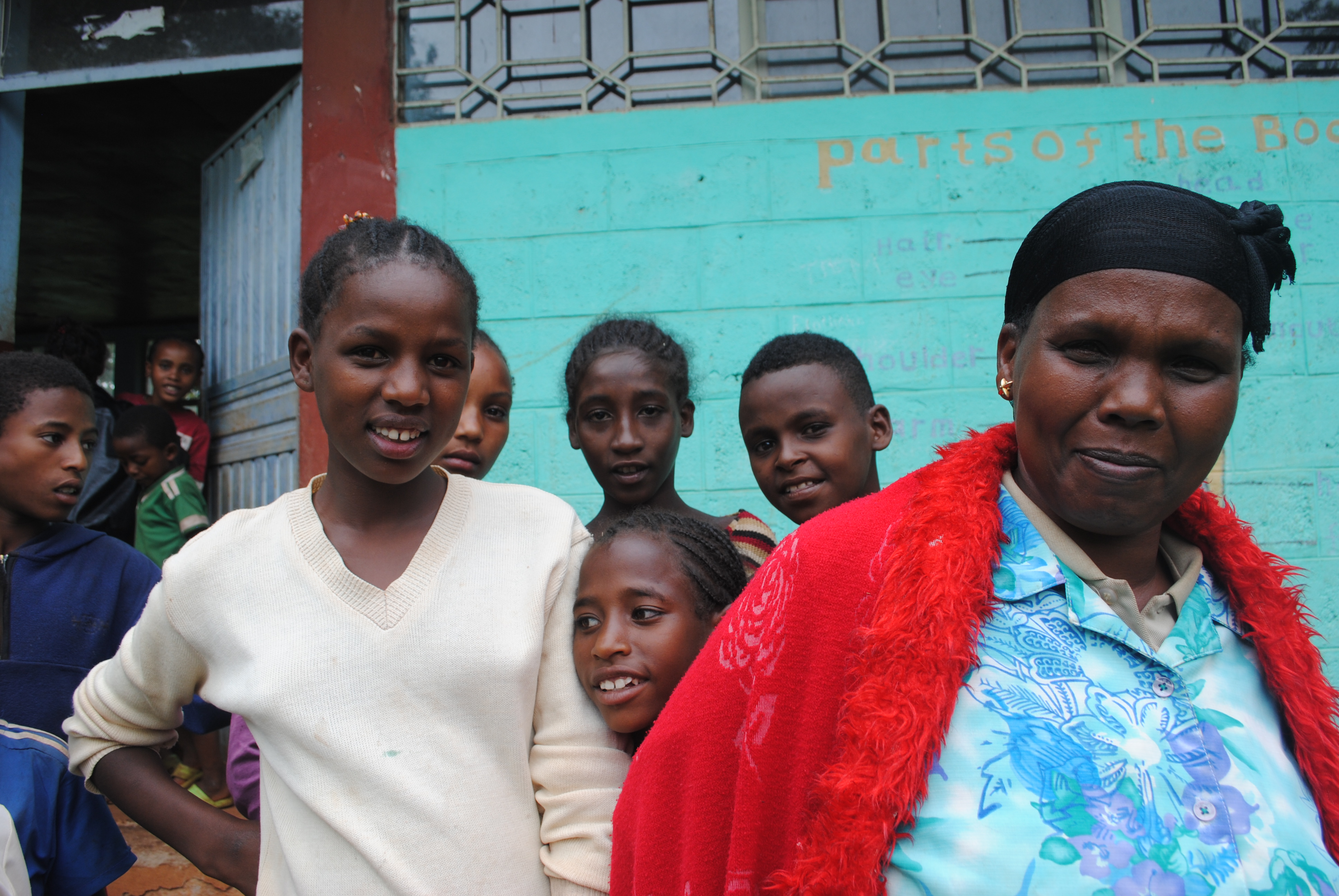
KEUR SIMBARA, Senegal — Demba Diawara is an unlikely advocate for women’s rights. The imam, now in his 80s, has lived all his life in Keur Simbara, a village about 70 kilometers from Dakar, the capital of Senegal. Yet he has traveled to hundreds of villages to talk about the harms of female genital cutting.
He recalled being deeply offended when he first heard of discussions about cutting in the late 1990s. It was a sensitive, age-old tradition. “Those who practiced it felt it was their private issue,” Mr. Diawara said. “People can be very angry, like us, in the beginning. No one wants their tradition to be judged negatively.”
In the 1980s, Molly Melching, an American community worker, began educating Senegalese villagers with little or no formal schooling, like Mr. Diawara. Over several years, she and her team taught basic literacy, as well as classes on health, sanitation, governance and human rights.
She was surprised when, a decade after she arrived, local women wanted to talk about genital cutting during discussions of women’s reproductive health. In Senegal, the practice involves cutting off the clitoris and parts of the labia and sealing the vagina partially shut. For the first time, women learned why they might have problems with menstruation, childbirth and sex.
The realization about genital cutting’s harmful effects set off a storm. When Ms. Melching “brought this information, I was very defensive and angry,” Mr. Diawara remembered. But the community trusted her: She had lived and worked with them for years, was fluent in Wolof, Senegal’s main language, and was known for listening.
“After a few backs and forths with her, I realized it was very harmful,” Mr. Diawara said. A health worker and religious leader confirmed for him that the practice was not an Islamic obligation. (Senegal has a Muslim majority.)
Tostan, a nonprofit that Ms. Melching founded in Senegal to educate the poor and reduce poverty, became known for its work to end genital cutting. In its five-year national action plans in 2005 and 2010, the Senegalese government adopted Tostan’s approach by educating villagers in their native languages to give up the practice.
Worldwide, an estimated 200 million girls and women have been cut. A 2014 survey in Senegal showed that prevalence among girls and women ages 15 to 19 was about 21 percent, down from 25 percent in 2005. But in one region, the rate among all ages was as high as 92 percent.
Tostan has expanded to seven other African countries, with more than 200,000 people participating in its three-year education program. And with support from Tostan, 8,000 communities have publicly declared abandonment of female cutting, child marriage and forced marriage.
Influential local leaders like Mr. Diawara were critical to changing minds. Because cutting was usually a prerequisite for marriage, and men and women from neighboring villages often wed, the message had to spread widely. Mr. Diawara traveled by foot or horse cart to 350 villages, working with extended families and social networks. Otherwise, trying to end the practice “would involve severe sanctions against any girl who is not cut and would even mean she might be ostracized,” said Ms. Melching, 67.
Mr. Diawara was effective, she said, because “he is not judgmental and does not impose. Rather, he explains that this is not a religious obligation and that it has harmful health consequences.”
Although Mr. Diawara has no formal education, he has spoken to international audiences in Egypt, New York, the United Kingdom, Sweden and the Carter Center in the United States, often with Ms. Melching translating for him from Wolof.
At first it wasn’t easy to change people’s minds. Mamadou Konate, a 59-year-old neighbor, said: “People like me who started school but didn’t finish are stubborn and hard to convince.”
But he said that before Tostan’s education program, he didn’t know about tetanus and the cause of infections, nor about vaccinations.
“At first I was against ending cutting,” Mr. Konate said. “But we hold Demba dear.” Eventually, “we came to know what he was saying was grounded in truth.”
Keur Simbara eventually ended the practice. “At the beginning, people would rather die than abandon it,” Mr. Diawara said. “No one would believe this could happen, to stand publicly against family, government.”
But, he explained, “we were very diplomatic. Sometimes we felt shy or wanted to run away. But even if I was rejected, I went back. You have to persevere.”
Mr. Diawara’s status as an imam was influential, but he added, “My advice is to be patient and analyze each situation and not to impose your thoughts on people. If you impose, people can be defensive.”
Ultimately, change came from the people themselves. Dusu Konate, a 63-year-old resident in Keur Simbara, recalled her shock upon learning about the harmful effects of cutting.
“I was very surprised because we got it from our ancestors,” she said. “When we got all the details, we then said, ‘This is something we need to abandon to protect our girls.’ ”







